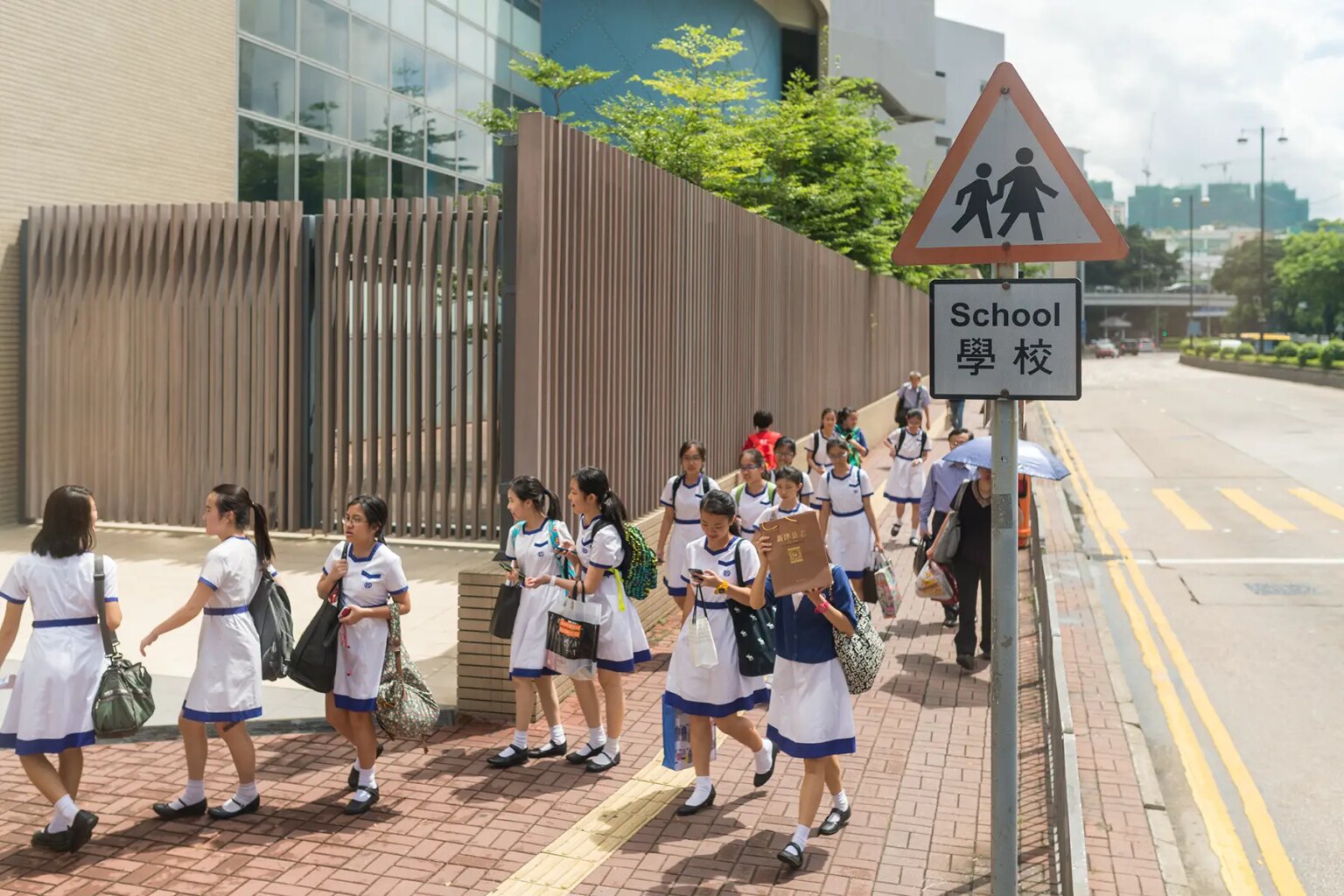Moving to a new country opens up wonderful opportunities for your family, including the chance to find a school where your child can grow and thrive. With many great options to explore, you can choose a learning environment that matches your child’s needs and interests.
Here’s how to navigate the process and find the perfect fit for your family’s next chapter:
Local schools
For young children, attending a local school may be a good option. It helps them to learn the local language. In this way, children adjust quickly to the local culture, learn to speak with those around them, and establish friendships close to home.

“Obviously, every child is different and their capacity to adapt will be different as well,” says an American mother of three who lives in Paris. “For us, [the local schools] worked out well. My children are getting a good, solid education. And it’s so much easier going to a school that is nearby.”
Most primary schools in highly-developed countries offer a solid foundation for further studies. Nevertheless, it is important to take a good look at the school’s curriculum. It might be different from what your child is used to, and may include certain cultural or religious topics. The atmosphere at local schools can also vary greatly. For example, local schools in Belgium and France are much stricter than those in Denmark.
International schools abroad
If your child is older than 10, local schools may no longer be a suitable option. Learning a new language and fitting in socially can be more difficult at this age. Also, for continuity reasons, an ordinary local school may not be the best choice.
Therefore, many expatriate parents with older children will consider an international school. These schools either offer a curriculum specially designed for international schools, such as the International Baccalaureate (IB) and the International General Certificate of Secondary Education (IGCSE). They may also offer a national curriculum from the country of the school’s origin, such as a British International School.

For primary schools, there are the IB’s Primary Years Program or the fast-growing International Primary Curriculum. Unfortunately, high demand for these institutions means that finding a school can be a chore in itself. International schools are expensive, sometimes poorly managed, and often require a lengthy commute. There may also be extremely long waiting lists. Schools in Hong Kong, Kuala Lumpur, and Singapore are charging parents more than €10,000 to place their children on a preferential list. However, this still doesn’t guarantee admission.
Boarding schools are another way to maintain educational consistency. However, the decision to send your child to a boarding school is usually not taken lightly. Luckily, boarding schools are now a far cry from the cold, distant places people usually imagine them to be. A mother of three, who spent the last 27 years in the Middle East, explains: “Our two youngest children are in school here in Saudi Arabia. But our seventeen-year old son is at boarding school in Bahrain. Life for teens in Saudi Arabia is very different. My son came here after spending five years back in the United States; he disliked it immediately. Now he is having a blast in Bahrain.”
Homeschooling abroad
If finding a school abroad isn’t an option, you may consider teaching your child yourself. While some parents embrace this option wholeheartedly, for others it is borne out of necessity.
The latter is true for a Canadian mother of two in South America: “Homeschooling for me went from a serious consideration to an actual reality almost overnight when I researched the support networks available for parents and their student children. I realized how much better my children could fare under my own personal tutelage.”

While some parents mainly focus on teaching the child’s own language others teach a complete curriculum. The advantage is that they can take absolute control and responsibility for their child’s education. Parents can ensure a child’s education is not interrupted by a move abroad.
However, homeschooling requires a massive commitment in terms of time and discipline for both parents and children. In addition, it restricts the opportunities to make friends and learn the local language. Parents often try to solve this by getting their children involved with local events, clubs, and sports teams.
Best for your child
Whatever educational system parents choose for their children while living abroad, “as long as you are making the decision based on what is best for your child, you will make the right choice,” says a German mother in Singapore. “We researched all options extensively and enrolled our child in the local school, but all my friends’ kids are in international schools. We each chose based on what was best for our kids and in the end that is all that matters.”
Finding a school abroad
Visit the Education section of Expatica’s country sites for country-specific information on finding a school abroad:




